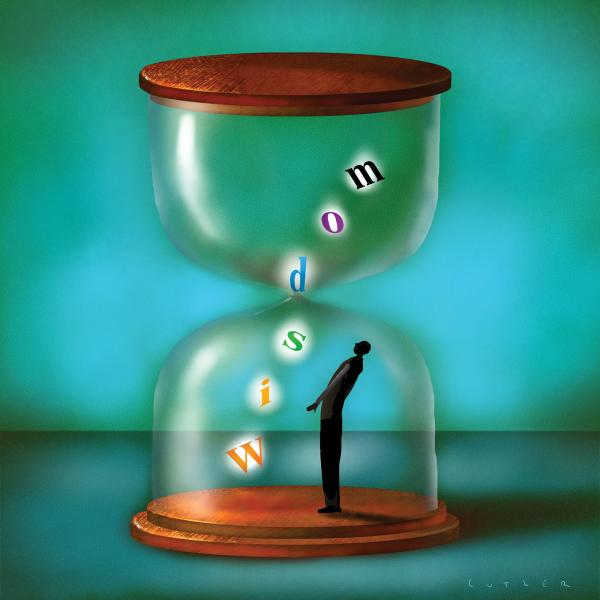HOW TO DEAL WITH A NARCISSIST FAMILY MEMBER?
Narcissistic personality disorder (NPD) is a diagnosable mental health condition characterized by an exaggerated sense of importance, a deep need for admiration, and an inability to feel empathy for others.
Expect no sympathy or emotional support
When people gather after not seeing one another for months, they tend to open up about events that have gone down since they last got together. And if some of those events are emotional and upsetting—a job loss, perhaps, or health problems—you expect family members to express sympathy and support. A narcissist, however, isn’t capable of giving that to you. This can catch you off guard and leave you feeling hurt and discouraged.
That’s because first and foremost, remember that the narcissist does not see the world as you do. To them, they are the center of their world and everyone is there for their benefi. Knowing this will help you to recognize their emotional limitations. Look for comfort and support from others instead.
Don’t get defensive
When a narcissist monopolizes holiday dinner conversation and shows no interest in the other people at the table, or you find yourself criticized and sucked into their belittling conversation, you might start to feel defensive and react poorly, calling out their behavior. Unfortunately, it’s probably pointless.
A narcissist is ultimately driven by low self-esteem, even though one of their defining characteristics is a preoccupation with themselves. This is a way to compensate for how they really feel. Understanding this can help you feel empathy for them and not get so angry when they behave as they will.
Set firm boundaries
Dealing successfully with a narcissist means setting healthy boundaries as early as possible. It’s not just about physical boundaries—the amount of time you spend in proximity to them—but psychological boundary lines as well.
Narcissists often feel they are being mistreated or that others are the source of problems and not them, and tend to adopt a manipulative, persuasive, and dominant attitude to get their way with family members or friends. This means people usually give into their demands out of frustration or fear of confronting them. But enabling a narcissist will only feed into their pre-existing self-centered ideology.
If you can’t get out of the holiday event, limit your time there. Steer clear of engaging with them, and disengage when you feel vulnerable or like you’re being drawn in. You may not be able to control their behavior, but you can control how you respond.You have the choice to limit your presence and interaction with such individuals for your own sanity, whether they like it or not.
Be prepared if you do confront them
If you wish to discuss a narcissist’s behavior with them, expect resistance. Narcissistic individuals have trouble reflecting on their own shortcomings or flaws; they often jump on the idea that it is the other person’s fault and that they are being unjustly blamed for wrongdoing.
To get your point across effectively.Try to validate their feelings about challenging situations before you give them your feedback on their behavior. And avoid directly challenging the narcissistic person’s beliefs, as it’s likely to backfire.
Look after your mental health
It’s holiday time, and just because there’s a narcissist in the house doesn’t mean you can’t enjoy all the good things the season brings. Catch up with family members you do get on with, take time-outs to recharge your energy and mood, and stick close to loved ones who support and nourish you.
It’s important to take care of your own mental health, as people who are abused by narcissists often end up blaming themselves for the dysfunctional relationship and may develop symptoms of anxiety or depression. Be good to yourself, and before you know it, the gathering will be over, and you can plan not to have to see them again next year.

